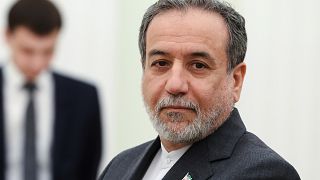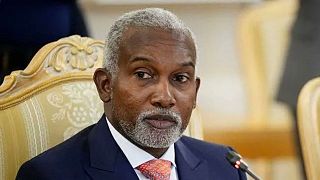Nigeria
Nigeria has achieved a historic milestone by starting petrol production for the first time in nearly three decades, a development expected to ease the country's long-standing fuel shortages. This breakthrough comes with the commissioning of a $20 billion refinery on the outskirts of Lagos, built by Nigerian billionaire Aliko Dangote. With a capacity of 650,000 barrels per day, the refinery is now the largest in Africa and is poised to drastically reduce Nigeria’s dependence on imported oil products.
The new refinery is seen as a critical step in Nigeria’s push for energy independence. The country's economy has long been hampered by its reliance on fuel imports, despite being Africa’s largest oil producer. For over two decades, Nigeria has spent billions on maintaining its four official refineries, yet none of them have been able to function effectively. This has left the nation grappling with frequent fuel shortages, long queues at petrol stations, and a significant economic burden.
Aliko Dangote, President and CEO of Dangote Industries Limited, emphasized the significance of this achievement. In a statement, he said, “In the last 28 years, we haven't really had this sort of achievement, but you can see videos from as far back as 1974 with fuel queues, and those fuel queues are still here. This will eliminate all fuel queues in Nigeria. It will improve the health of everybody and ensure a consistent supply to the market.”
The impact of the refinery is expected to extend beyond Nigeria, as Dangote also stated that it will meet not only Nigeria's demand but also that of sub-Saharan Africa. Analysts are already hailing the refinery as a "game-changer" for Nigeria's oil and gas sector, which has struggled for years due to inefficiencies and underperformance.
In addition to providing petrol, the refinery is producing Euro 5 standard diesel, a high-quality fuel that contains less than 10 parts per million of sulphur. Dangote highlighted the environmental and health benefits of this cleaner fuel, stating, “This is what will really help engines, vehicles, generators, you name it, to last much longer. The health of the people too, the environment will not be polluted. This is the real thing.”
The launch of the refinery is expected to significantly boost Nigeria’s economy by creating jobs, reducing foreign exchange costs on fuel imports, and improving public health by reducing pollution. It marks a significant step forward for a country that has long battled to maximize the potential of its oil resources.
Despite being one of the world’s top oil producers, Nigeria's dependency on imported refined products has been a paradox that this new refinery aims to resolve. With its large-scale capacity and the promise of greater self-sufficiency, the Dangote refinery represents hope for a more prosperous and energy-secure future for Nigeria.
As tankers begin fueling and operations ramp up, Nigeria’s energy landscape is set to change drastically, with far-reaching effects not only for the country but for the entire region.











Go to video
U.S. slashes visa duration for some African nationals amid policy shift
02:05
WAFCON: Super Falcons fans optimistic about the team's performance
01:06
Brazil launches major security operation ahead of BRICS Summit
01:30
Nigerian singer Tems launches Leading Vibe Initiative to support women in music
00:52
Nigeria’s Peter Obi to contest 2027 election, opposition coalition in jeopardy
11:15
AI drones lead breakthrough against malaria in Africa [Business Africa]